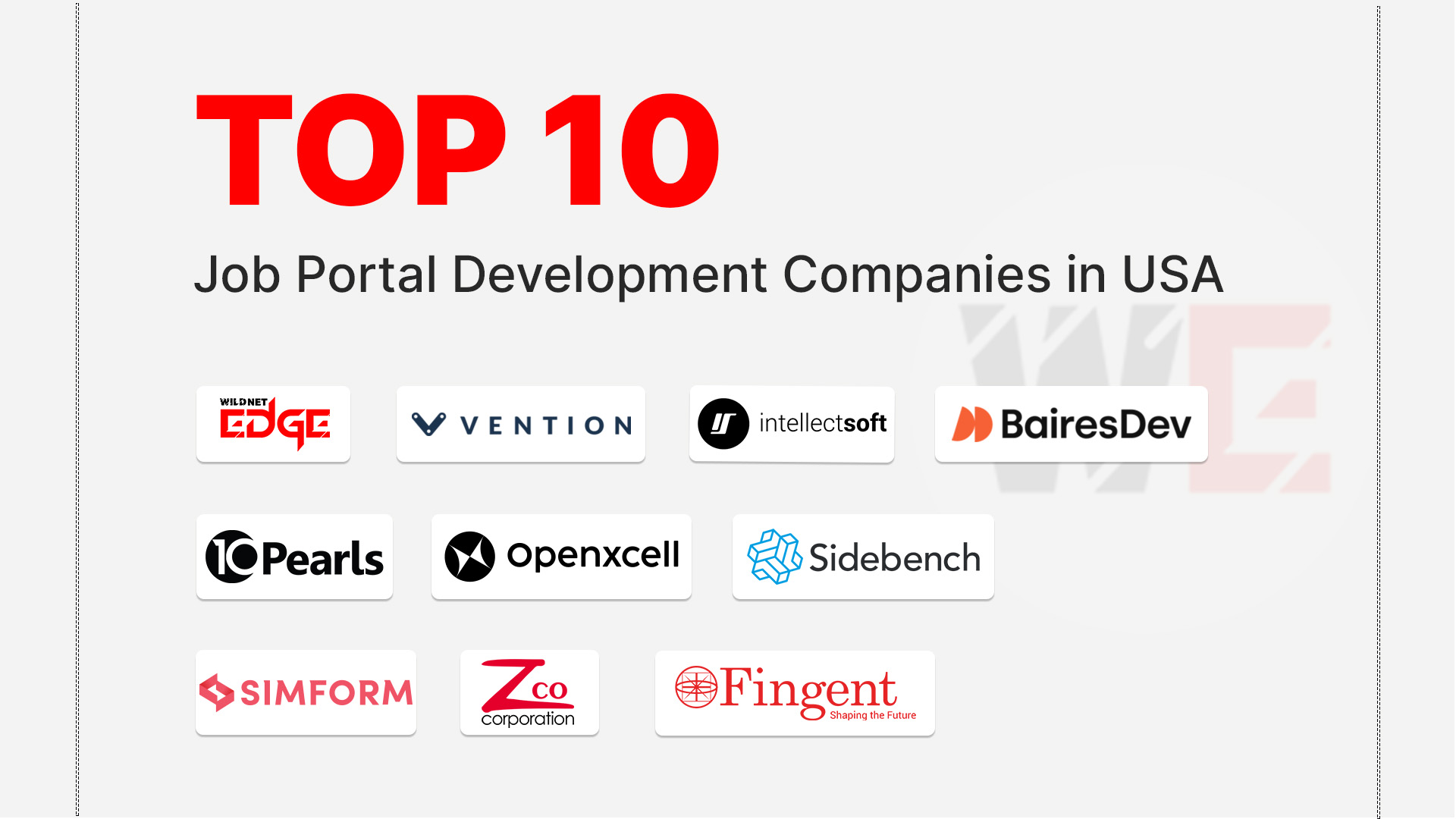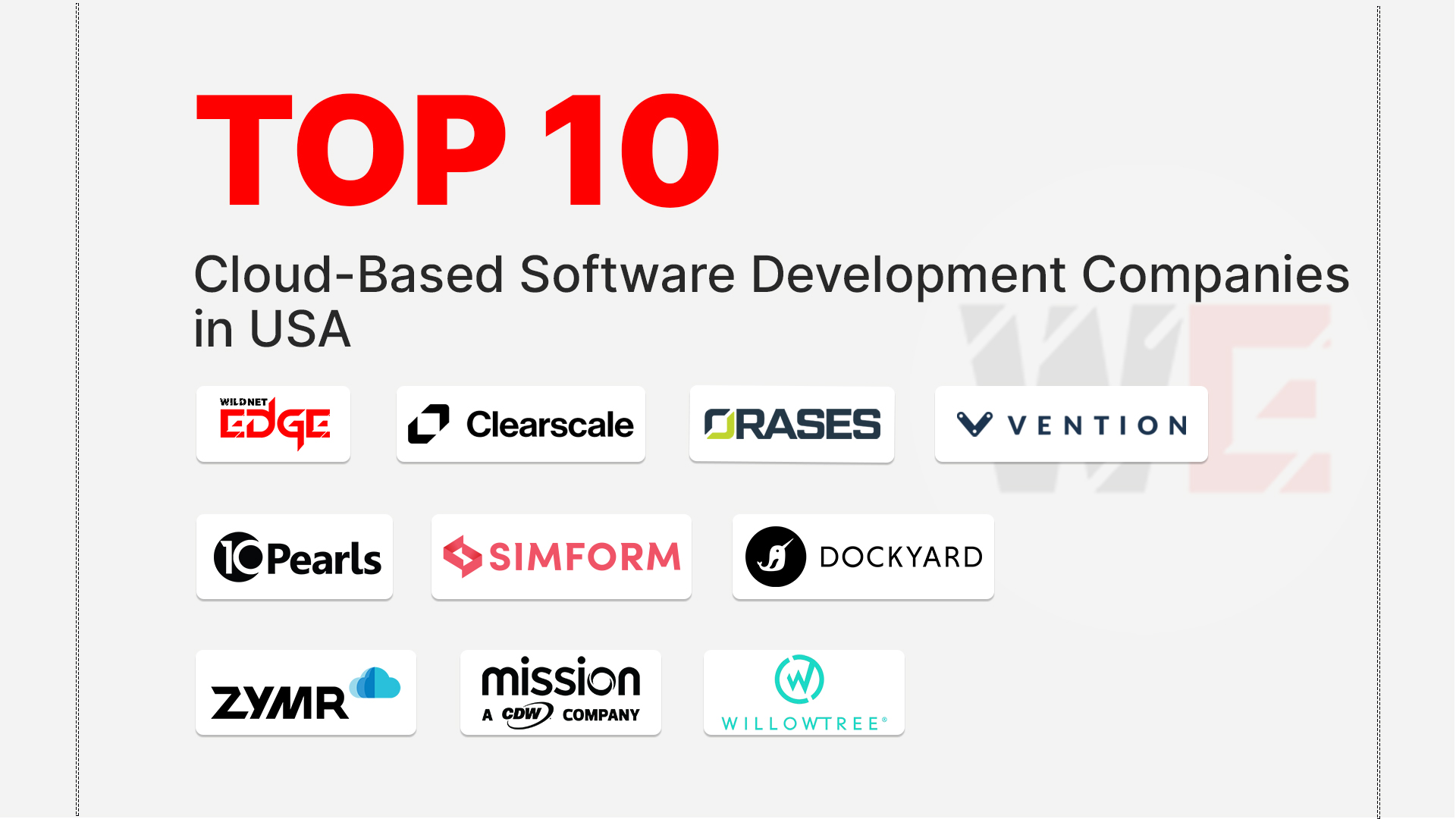In the fast-evolving world of logistics, understanding the logistics app development cost is crucial for businesses aiming to optimize their operations. Various factors influence this cost, making it essential for companies to assess their logistics budget wisely. From the complexity of application features to the technology stack utilized, each element plays a vital role in determining the logistics app development cost. In this article, we’ll break down the core elements affecting the overall expenditure, ensuring that you have a clear view of what to expect when investing in logistics app development.
Factors Influencing Logistics App Development Cost
Complexity of the Application
The complexity of the application significantly impacts logistics app development cost. A basic logistics app with fundamental features will typically be more affordable than complex applications with advanced capabilities. Features like real-time tracking, route optimization, and integration with third-party services can escalate costs considerably. Moreover, the user interface (UI) and user experience (UX) design also contribute to development complexity, which further influences the overall costs. Therefore, a clear understanding of the desired features is critical to estimating the logistics app development cost accurately.
Technology Stack and Tools Used
The choice of technology stack and tools used in logistics app development directly affects transport app charges. For instance, building a logistics app using advanced technologies like AI, machine learning, or blockchain can result in higher costs due to the specialized skill sets required. Conversely, utilizing open-source platforms or low-code solutions might offer a more budget-friendly approach. Companies must carefully consider the technologies that align with their project ambitions and how these choices will impact the overall logistics app development cost.
Team Composition and Expertise Requirements
The composition of your development team also influences the logistics app development cost. Hiring a Logistics App development company often comes with higher rates than working with freelancers or an in-house team. However, agencies typically provide a comprehensive skill set, whereas freelancers may require more oversight. Therefore, assessing the expertise required for your project and deciding whether to hire a Logistics App development company or individual developers can significantly affect your logistics budget.
Understanding Supply Chain Pricing Models
Fixed Price vs. Time and Materials
When planning your logistics app development, it’s crucial to understand the different supply chain pricing models available. A fixed-price agreement is beneficial for projects with clearly defined scopes, providing predictability in terms of costs. On the other hand, a time and materials model is more flexible, accommodating changes and additional features as the project evolves. Each pricing model has its pros and cons, and understanding them will help you make informed decisions about your logistics budget.
Iterative Development and Agile Methodologies
Agile methodologies have transformed the logistics app development landscape, allowing for iterative development and constant feedback. By employing agile practices, teams can adapt to changes more fluidly, potentially impacting the logistics budget over time. This approach often leads to a more efficient allocation of resources as features can be prioritized based on user feedback. However, it’s vital to weigh these benefits against any potential loopholes that may lead to unforeseen expenses.
How to Choose the Right Pricing Model for Your Project
Choosing the right supply chain pricing model based on project needs is essential for managing costs effectively. Factors such as project scope, timeline, and budget constraints should be considered when selecting a pricing model. For example, if your logistics app development project is in its early stages with fluctuating requirements, a time and materials model may serve you better. Conversely, if you have a well-defined project, opting for a fixed-price model could be more beneficial in terms of cost predictability.
Estimating the Logistics Budget for Your Project
Key Cost Components in Logistics App Development
Understanding the essential components contributing to logistics app development cost is vital for effective budgeting. Major costs typically include design and development, testing, deployment, and project management. Additionally, infrastructure, server costs, and third-party service fees may also contribute to the overall logistics app development cost. Evaluating these elements carefully will provide you with a clearer estimation of your logistics budget.
Additional Costs to Consider
There are often additional costs to consider when planning your logistics app budget. Maintenance and updates are ongoing obligations that can add up over time. Transport app charges may also include costs related to user support and training, especially if your application has a large user base. Budgeting for these expenses is critical, as they can often be overlooked during initial planning stages.
Tools for Budget Estimation
Various tools and methods can assist in estimating costs related to logistics app development. Resource estimation tools can provide insights into the time and capabilities required for each project phase. Additionally, cost calculators can help outline potential expenses, including design, development, and maintenance. Utilizing these tools can sharpen your budgeting approach and ensure that you are well-prepared for all aspects of your logistics budget.
How to Hire Logistics App Developer Effectively
Identifying Qualified Developers
When looking to hire logistics app developer, it is crucial to identify qualified developers who possess the necessary skills and expertise. Look for developers who have experience specifically in logistics app development, as a deep understanding of this field will lead to better overall project execution. Consider conducting technical interviews and assessments to gauge their capabilities effectively.
Analyzing Portfolios and Previous Work
Analyzing portfolios and previous work is essential when selecting the right logistics app development company or developer. Past projects can reveal their proficiency and familiarity with similar applications. Moreover, reviewing client testimonials will give insights into their work ethic, communication style, and reliability.
Budgeting for Developer Fees
When hiring a logistics app developer, it’s vital to set a realistic budget that reflects the logistics app development cost. Research average rates in the industry to establish a baseline and factor in the skill level and experience of the developer or company you are considering. Adequate budgeting will help ensure you can attract and retain the right talent for your project.
Cost-Saving Strategies in Logistics App Development
Leveraging Pre-built Solutions
One effective cost-saving strategy is to leverage pre-built solutions or frameworks. Many logistics app functionalities can be implemented using existing tools, which significantly reduce development time and costs. This approach not only cuts down on expenses but also speeds up the time to market for your application.
Outsourcing vs. In-House Development
When deciding between outsourcing and in-house development, it’s essential to weigh the pros and cons concerning transport app charges. Outsourcing may provide access to a wider pool of talent and potentially lower costs, but may also come with challenges related to communication and project oversight. Balancing these factors will help determine the most efficient development method for your logistics app.
Importance of MVP in Reducing Costs
Building a Minimum Viable Product (MVP) can be an effective approach in reducing logistics app development cost. An MVP allows businesses to launch essential features while gathering user feedback for future enhancements. By validating your concept with a minimal feature set, you can avoid overspending on unnecessary functionalities and focus on building a product that meets market demand effectively.
Conclusion
In conclusion, while the logistics app development cost may seem daunting, understanding the various factors can help you build an effective logistics budget. From choosing the right pricing model to hiring skilled developers, every decision impacts overall expenditure. By proactively managing your logistics app development cost and leveraging the right strategies, you will be well-equipped to optimize your logistics processes effectively. Partnering with companies like Wildnet Edge, who prioritize an AI-first approach, can further streamline operations and deliver smarter, future-ready logistics solutions.
FAQs
Many factors influence this cost, including complexity, features, and technology stack.
It’s crucial to evaluate key cost components and additional expenses like maintenance.
Transport app charges can vary greatly based on project scope and developer expertise.
Consider their portfolio, client reviews, and expertise in logistics solutions.
Leveraging pre-built solutions, opting for MVPs, and considering outsourcing can help minimize costs.

Managing Director (MD) Nitin Agarwal is a veteran in custom software development. He is fascinated by how software can turn ideas into real-world solutions. With extensive experience designing scalable and efficient systems, he focuses on creating software that delivers tangible results. Nitin enjoys exploring emerging technologies, taking on challenging projects, and mentoring teams to bring ideas to life. He believes that good software is not just about code; it’s about understanding problems and creating value for users. For him, great software combines thoughtful design, clever engineering, and a clear understanding of the problems it’s meant to solve.
 sales@wildnetedge.com
sales@wildnetedge.com +1 (212) 901 8616
+1 (212) 901 8616 +1 (437) 225-7733
+1 (437) 225-7733















 ChatGPT Development & Enablement
ChatGPT Development & Enablement Hire AI & ChatGPT Experts
Hire AI & ChatGPT Experts ChatGPT Apps by Industry
ChatGPT Apps by Industry ChatGPT Blog
ChatGPT Blog ChatGPT Case study
ChatGPT Case study AI Development Services
AI Development Services Industry AI Solutions
Industry AI Solutions AI Consulting & Research
AI Consulting & Research Automation & Intelligence
Automation & Intelligence













